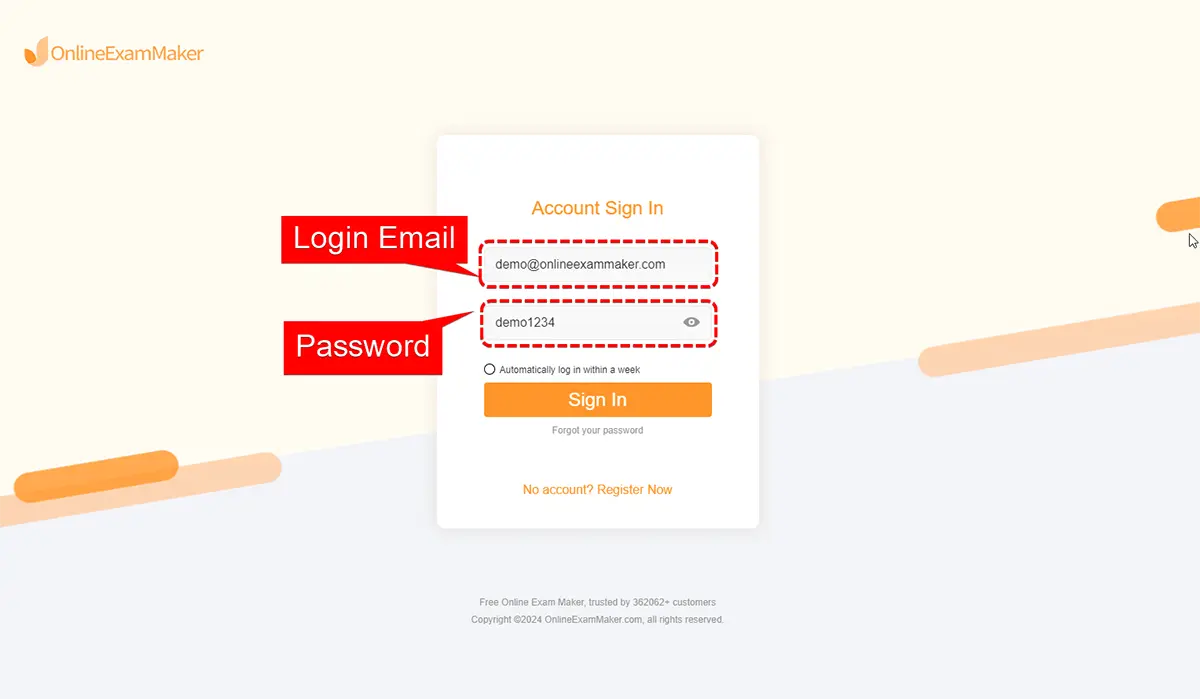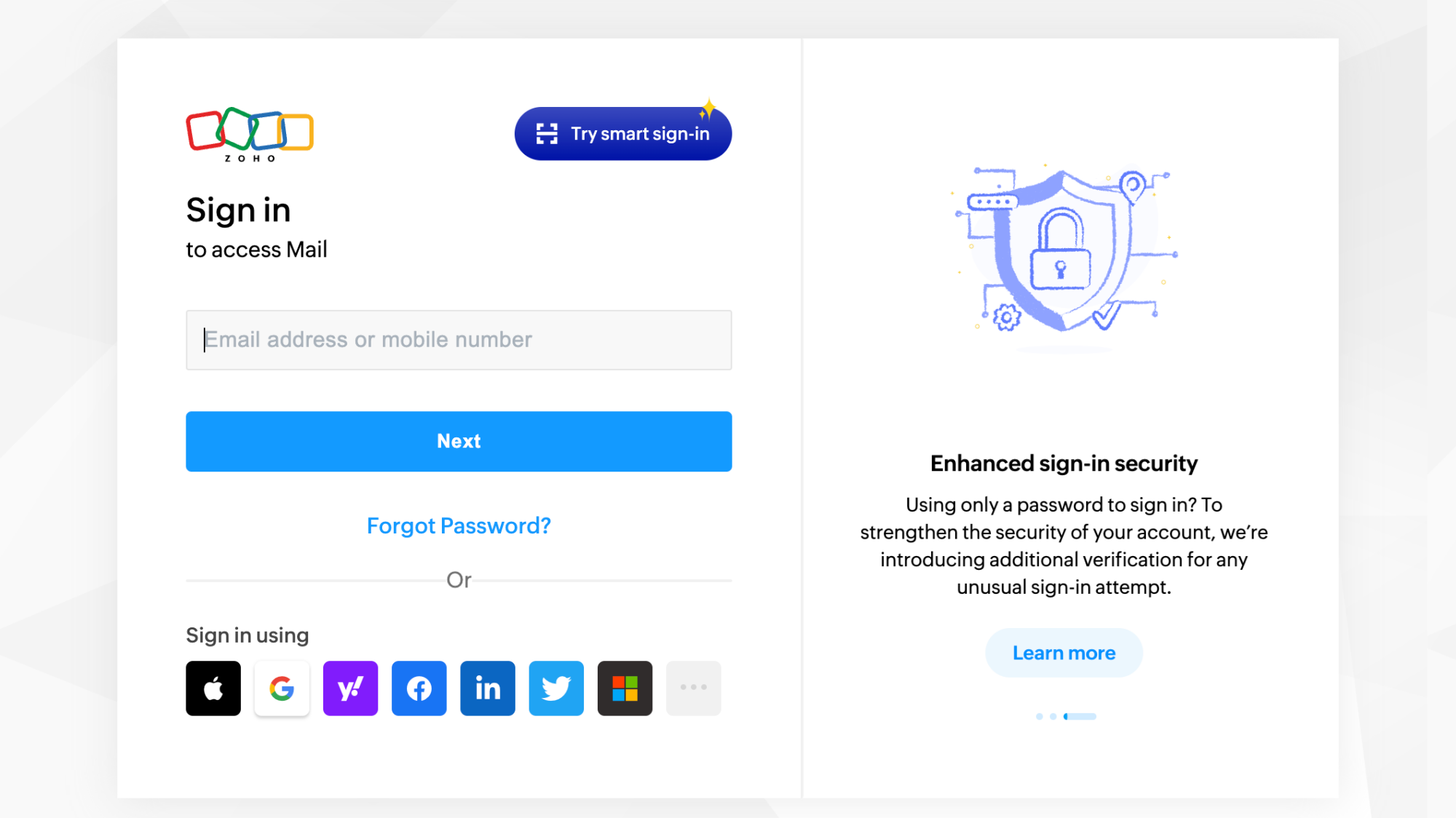Pros and Cons of Free Reverse Email Lookup Tools
In a world where email communication is a daily norm, receiving messages from unknown senders can raise both curiosity and concern. Free reverse email lookup tools have emerged as a popular solution for identifying the source of these emails. However, while they offer valuable services, they also come with their own set of challenges. This article will delve into the pros and cons of using free reverse email lookup tools, helping you make informed decisions when it comes to uncovering the identities behind email addresses.
What is Reverse Email Lookup?
Reverse email lookup is a method that allows users to find information about an individual or organization based on their email address. By entering an email address into a lookup tool, users can potentially uncover the sender's name, location, social media profiles, and more. This process can be particularly useful for verifying identities, avoiding scams, and reconnecting with lost contacts.
Pros of Free Reverse Email Lookup Tools
1. Cost-Effective Solution
The most obvious advantage of free reverse email lookup tools is that they are, well, free. For individuals or small businesses on a budget, these tools provide an accessible way to gather information without incurring costs. This can be particularly beneficial for casual users who may not require extensive data.
2. Quick Access to Basic Information
Free reverse email lookup tools often provide quick access to basic information associated with an email address. Users can typically find the sender's name, location, and possibly links to their social media profiles. This immediate access can help users make quick decisions about whether to engage with the sender or not.
3. User-Friendly Interfaces
Many free reverse email lookup tools are designed with user-friendly interfaces, making them easy to navigate even for those who may not be tech-savvy. Users can simply input the email address and receive results without needing extensive technical knowledge.
4. Variety of Sources
Free tools often aggregate data from multiple sources, including social media platforms, public records, and online directories. This variety can enhance the chances of finding relevant information about the email address owner.
Cons of Free Reverse Email Lookup Tools
1. Limited Data and Accuracy
One of the most significant drawbacks of free reverse email lookup tools is the limited amount of data they provide. Many free services rely on publicly available information, which may not be comprehensive or up-to-date. As a result, users may encounter outdated or inaccurate information, leading to potential misunderstandings about the email sender.
2. Privacy and Security Risks
Using free reverse email lookup tools can expose users to privacy and security risks. Many of these services require users to input personal information or create accounts, which can lead to data breaches or misuse of personal data. Users should be cautious and consider the potential risks associated with sharing their information.
3. Advertisements and Pop-Ups
Free services often rely on advertisements for revenue, which can lead to a cluttered user experience. Users may find themselves navigating through numerous ads and pop-ups, detracting from the overall usability of the tool. This can be frustrating, especially when trying to access important information quickly.
4. Lack of Comprehensive Features
While free tools may provide basic information, they often lack the advanced features found in paid services. Users may miss out on detailed background checks, criminal records, or extensive social media profiles that can be crucial for verifying identities. For those needing in-depth information, free tools may not suffice.
Best Practices for Using Free Reverse Email Lookup Tools
To maximize the benefits of free reverse email lookup tools while minimizing their drawbacks, consider the following best practices:
Combine Multiple Tools
No single tool can cover all bases. Using a combination of free reverse email lookup tools, search engines, and social media searches can provide a more comprehensive picture of the email address owner. For instance, you might start with Google to see if the email address is mentioned in any public forums or articles, then use a dedicated lookup tool for additional insights.
Verify Information from Reliable Sources
Always cross-check the information obtained from free reverse email lookup tools with reliable sources. If you find a name or location associated with an email address, verify it on social media platforms or professional networks. This step can help ensure the accuracy of the information before making any decisions based on it.
Be Cautious of Scams
When using free reverse email lookup tools, be wary of potential scams. Some services may promise extensive data for free but require payment for access or may sell your information. Stick to well-known tools and read reviews to ensure you're using a legitimate service.
Conclusion
Free reverse email lookup tools can be valuable resources for identifying unknown email senders, but they come with notable pros and cons. While they offer a cost-effective and user-friendly way to access basic information, users must navigate the limitations of data accuracy, privacy risks, and the potential for a cluttered user experience.
By combining multiple tools, verifying information from reliable sources, and being cautious of scams, you can enhance your experience with reverse email lookup tools. Ultimately, being informed about the advantages and challenges of these tools will empower you to make better decisions in your online interactions.
Meta Description: Explore the pros and cons of free reverse email lookup tools. Learn how to maximize their benefits while navigating potential challenges.
Citations:
[1] https://enrow.io/blog/reverse-email-lookup
[2] https://www.alore.io/blog/reverse-lookup-email
[3] https://www.verifymagically.com/blog/free-reverse-email-lookup
[4] https://www.linkedin.com/pulse/best-free-reverse-email-lookup-tools-guru99-avxzf




